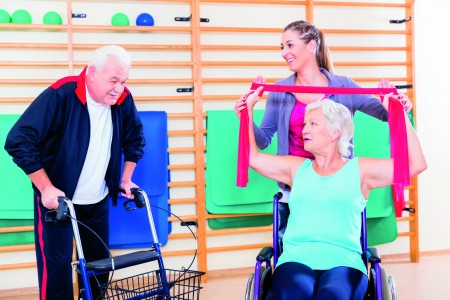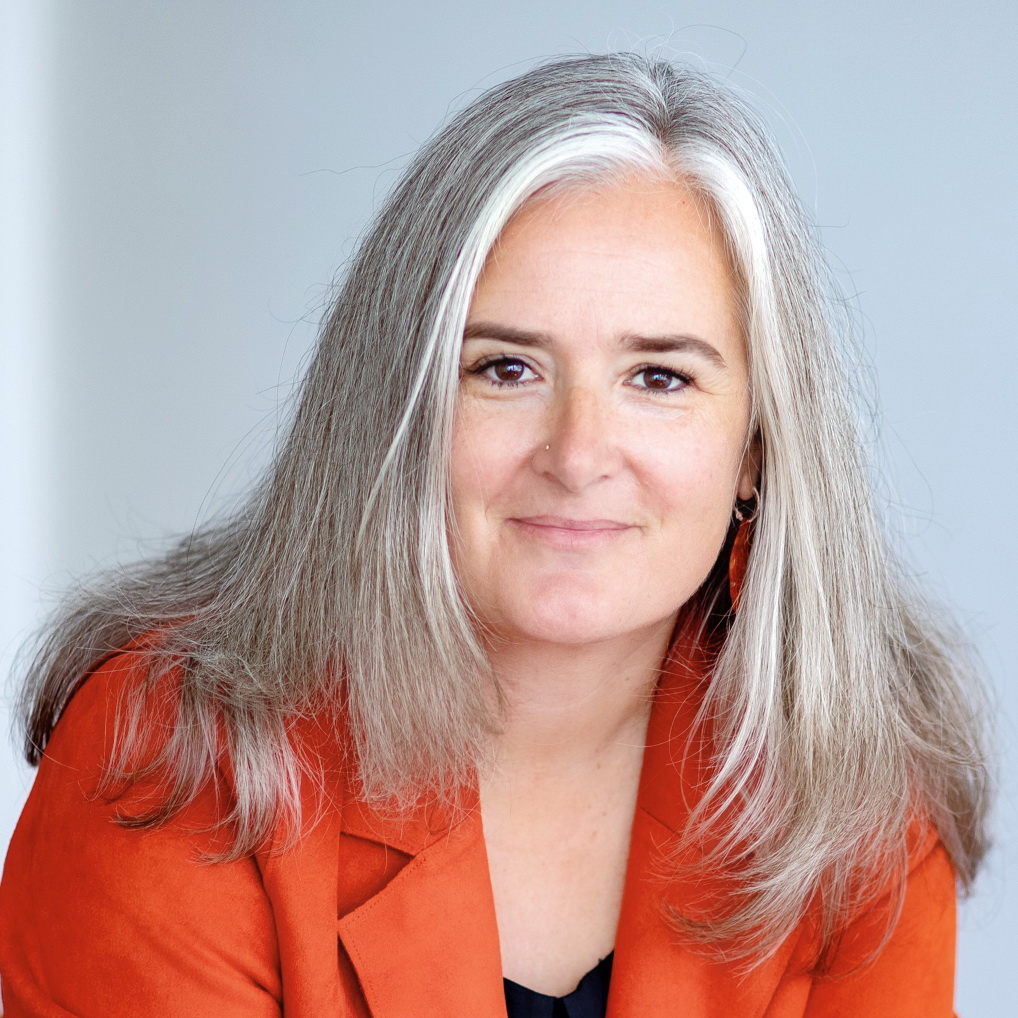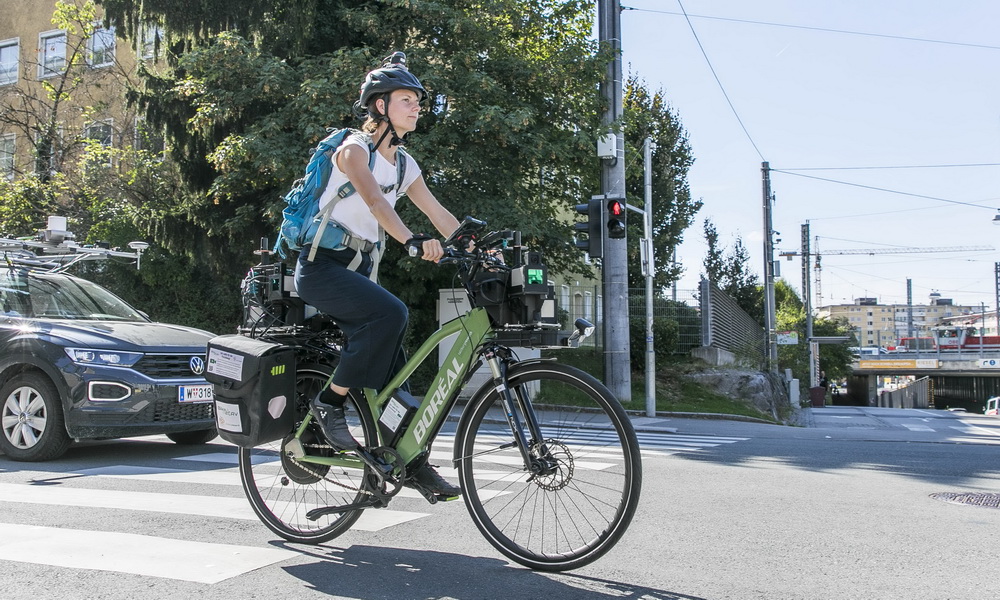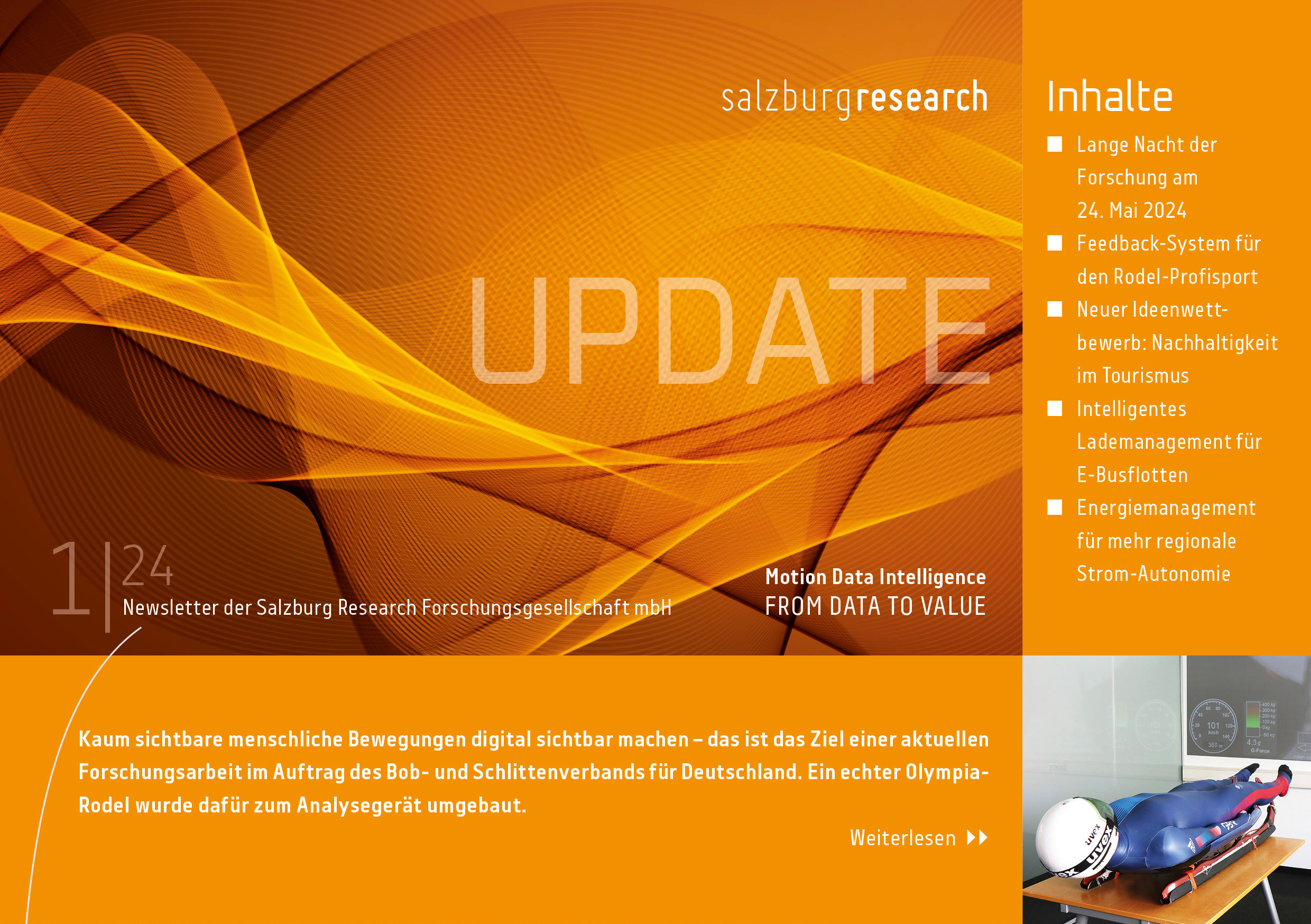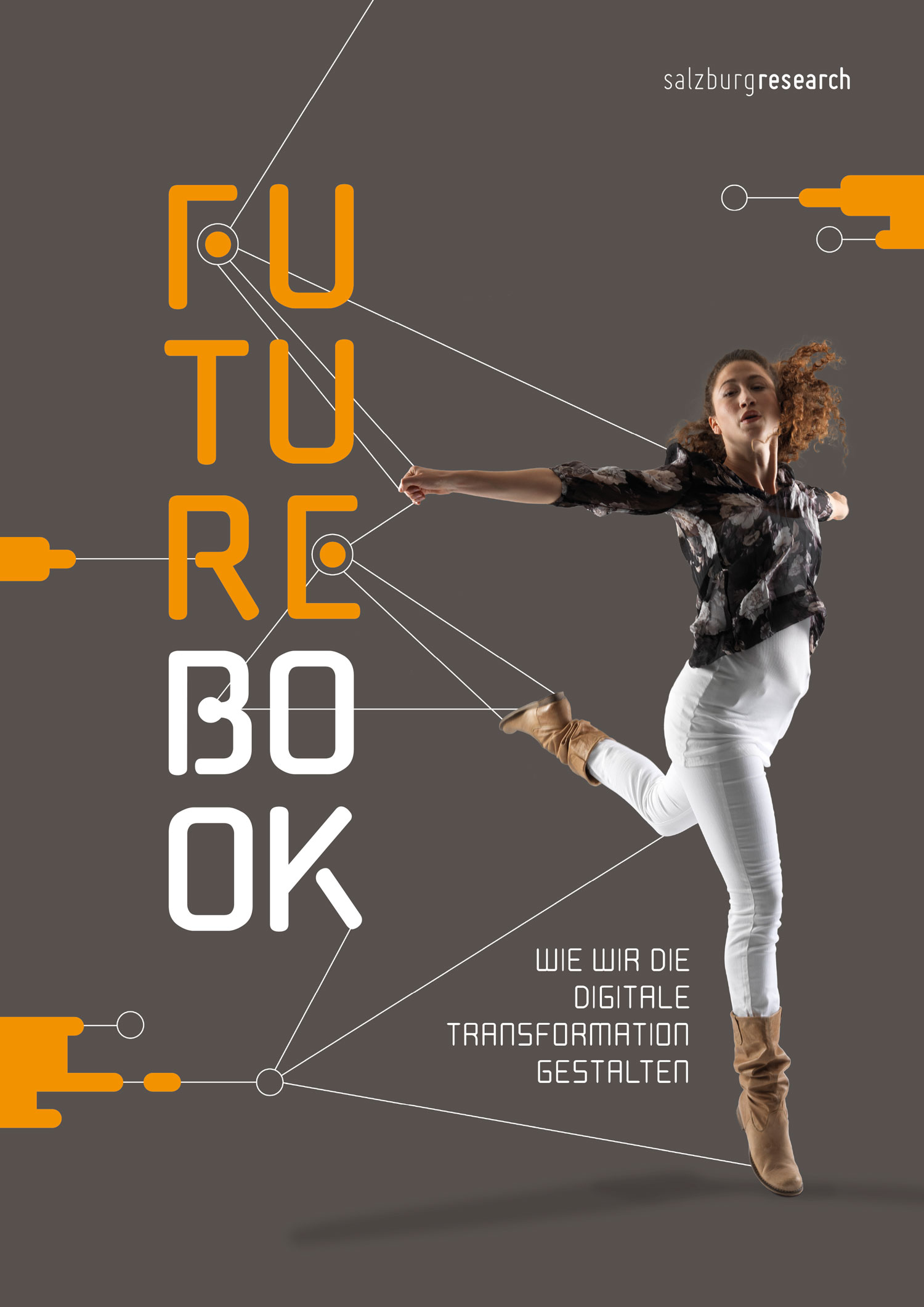2015-11-16:
Europe faces the challenge of not only having an aging population but also a decreasing group of formal caregivers. At the same time, restrictive financial policies are increasing the burden of care on families and other informal caregivers. The newly launched EU project “Care In Movement” (CiM) takes a holistic approach to healthcare and develops innovative means of IT-based services in two areas: On the one hand, the elderly people should maintain their current health status as long as possible. On the other hand, all members of a care network will be involved and volunteers will be empowered with the use of advanced ICT.
(Salzburg, November 16, 2015). „We are getting older, more and more people need care. In the state of Salzburg, currently around 100,000 people are older than 65 years, just under a third of which has care needs. In 2050, already more than 160,000 people will be over 65, more than 50,000 will need care. This means around 500 additional nurses in social services – a need that we probably can’t meet, „says Hermann Hagleitner, Managing Director of Hilfswerk Salzburg, a well-known care provider in the state of Salzburg, Austria. Therefore new ideas are much in demand to meet these challenges: „IT-based assistance systems are increasingly supporting the health and care sector. IT can help to co-ordinate, to document or to motivate and to disburden people involved,“ says Cornelia Schneider, project manager of the EU project CiM and head of e-Health at Salzburg Research.
In the CiM research project, experts from different fields – care, research and business – are developing innovative IT solutions in two areas: the mobility and health of persons in need of care along with new implementations that help to involve informal carers into care.
„The longer the elderly can remain independent and mobile, the easier it is to maintain health,“ says Hermann Hagleitner, Managing Director of Hilfswerk Salzburg. „Therefore, we develop physical activity programs and appropriate motivation measures in the research project. We will use concepts like Gamification: playful elements and incentives can motivate people to perform the exercises,“ explains project manager Cornelia Schneider.
In addition to formal caregivers and relatives, mobile services and volunteers have a significant impact on the quality of life for all parties involved. CiM intends to support different care stakeholders. Exercise programs, training for informal carers as well as a collaboration platform will support the cooperation between informal and formal care.
ICT supports healthcare
The planned ICT service for the care sector will amongst others cover these three areas:
- IT-based encouragement for physical activity
Physical activity will improve the lives of two parties: First, the activities of people should be upheld and promoted, who suffer from cardiovascular diseases and disorders of the musculoskeletal apparatus. On the other hand, the physical capacity of volunteers will be supported that have informally taken care and nursing tasks. Therefore an exercise program is drawn up, where the elderly, their relatives and volunteers can perform and evaluate their tailored exercises with the help of mobile devices. - Standardized training and communication system
Relatives and professional care personnel are supported by a standardized training and communication system to meet mutual information needs and to coordinate care processes. - Electronic Time Bank
An electronic time banking system will help to make voluntary assistance and support by non-family members more attractive and stimulate voluntary activity. Persons who accompany the elderly, for example in their exercises, can credit the time spent in a time account. These time bonuses can be redeemed for any support in other areas.
A total of over 400 people representing different members of care networks in two countries (Austria and Italy) will be involved as lead users and testers of the proposed care environment with its mobile services.
The research project „CiM – CareInMovement“
In the research project established care providers work together with research institutes and industrial partners. The participating industrial partners aim to develop the results of three years of research into a market-ready product.
The research project was launched in early October 2015 during a kick-off event in Salzburg and will run until 2018. The European Union and the states involved are funding the project in the Active and Assisted Living programme with a total of 1.1 million euros.
Partner organisations in the EU project
The consortium comprises two care organisations, three research organisations and three industrial partners willing to roll out services based on CareInMovement.
Research:
- Salzburg Research Forschungsgesellschaft (co-ordinator, Austria)
- University of Salzburg (Austria)
- WU Vienna (Austria)
Care:
- Hilfswerk Salzburg (Austria)
- ALDIA Cooperativa Sociale (Italy)
Industrial:
- bit media e-solutions GmbH (Austria)
- ByElement Solutions (Switzerland)
- ilogs mobile software GmbH (Austria)
Picture
Usage free of charge with copyright notice.
Contact:
Cornelia Schneider, Project Co-ordinator
Salzburg Research Forschungsgesellschaft mbH
cornelia.schneider@salzburgresearch.at | 0662/2288-418
